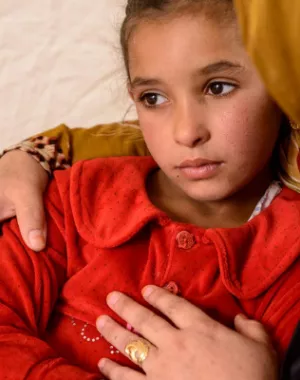Overview
In early July 2017, the coalition military offensive to oust so-called Islamic State in Iraq and Syria (ISIS) from Mosul reached its grisly climax. Civilians have borne the brunt of this conflict, with half a million school-aged children amongst the displaced.
Amid the horror of the ISIS occupation of Iraq’s cities and villages, it is comforting to believe that once the group has been defeated militarily, normality will return and traumas inflicted will quickly recede. Yet in the medium to long-term, the suffering of Mosul’s children looks set to continue.
Children have a long road of recovery ahead on which they will need to be protected from harm, feel secure and be supported to access a quality education. Prioritising the mental health and well-being of children and adolescents is a key step that humanitarian agencies, donors and national authorities must take if they hope to achieve the vision of long-term peace and stability in Iraq.
Recommendations to the Government of Iraq and its allies:
- Place the protection of children at the heart of all political and military strategies. In particular this means investing in programmes and approaches that rehabilitate and reintegrate all children formerly associated with armed groups, and ensuring that families suspected of associating with armed groups are not collectively punished or ostracised by their communities.
- Support those displaced by the conflict to safely and voluntarily return to their homes and places of origin.
- Ensure registration of all children born under ISIS occupation, allowing each child to receive the services entitled to Iraqi citizens.
- Prioritise full funding for education in the government budget.
Recommendations to international donors:
- Significantly increase funding to mental health and psychosocial programming in humanitarian contexts. Ensure this programming becomes a core intervention as part of the recovery and stabilisation phase and, in the long term, supports the inclusion of psychosocial programming into formal education.
- Commit long-term funding to enable children to catch up on their missed education, ensuring the provision of well trained teachers, suitable infrastructure and quality learning materials.
- Provide funding for non-formal education opportunities so that education is accessible to all children, including those who are working.
Download the report to read more.

